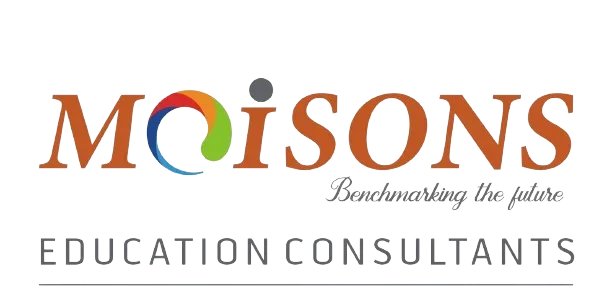This marketing masters is designed to help you evolve into a critically informed

Professional with the key analytic and strategic skills employers need.
This course is designed to help you evolve into a critically informed marketing professional by developing the key analytic and strategic skills that employers need. During your studies, you will be introduced to ideas that will improve your strategic thinking and your ability to devise creative solutions to marketing problems.
Course content allows you to focus on how research can inform practice, and strengthen performance in complex modern markets. You will explore why organizations adopt certain marketing strategies and tactics, and how practices are likely to evolve in today’s rapidly changing international business environment.
Your studies will also focus on the increased importance of brand and reputation management, the modern driving force of social media, and the challenge of re-appropriating traditional approaches to communications.
You will challenge the broad-based concepts and philosophies of modern marketing and consider the importance of a customer-centric, service dominant approach to marketing, where the balance of power is shifting from marketer to consumer. You will gain an insight into emerging trends in contemporary marketing practice, underpinned by cutting-edge approaches to managing an organization’s reputation and its brands. You will also learn how to communicate with the end consumer and other stakeholders through traditional and new media.
What you will study;
Throughout your studies, you will explore a wide range of marketing philosophies and functions, challenging traditional methods and contemporary thinking. Research skills will focus on the effect of new and emerging media on modern organizational thinking. You will test issues surrounding areas such as corporate ethics, branding, and marketing strategy, as well as question communications theory and develop new ideas in line with marketing thinking and consumption.
Modules of study include:
Management Theories and Philosophies
Dissertation Project
Developing the Professional
Business Functions and Processes
Research Methods
Brands and Reputation Management
New Media Communications
Trends in Marketing
Customer Centrality

